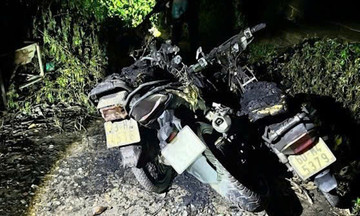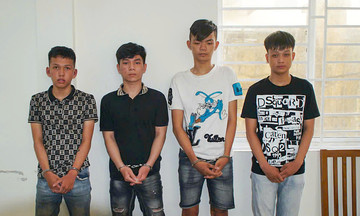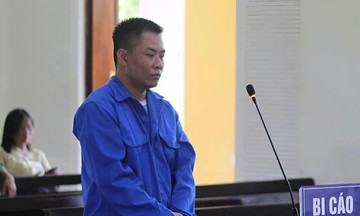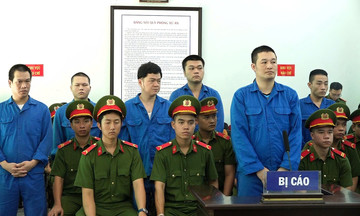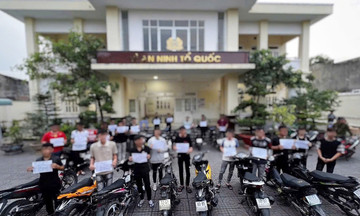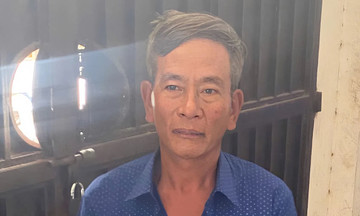According to a new US Department of Justice report, the Sinaloa cartel, formerly led by Joaquin "El Chapo" Guzman, hired hackers to infiltrate the phone of an FBI assistant legal attache (ALAT) working at the US Embassy in Mexico City. This breach allowed them to extract alarming amounts of information, enabling criminals to directly target government informants.
Reuters reports that a recent FBI investigation into how the agency can counter new technological threats revealed this cyberattack.
The report states that hackers remotely accessed the agent's phone records, monitored incoming and outgoing calls, and even tracked the phone's location. After obtaining this data, the hackers accessed Mexico City's street surveillance camera system to monitor whom the agent met.
"The cartel used that information to threaten, and in some cases, murder, potential sources or cooperating witnesses," the report said.
It remains unclear how many informants were compromised by this cyberattack or which FBI agent was at the center of the incident.
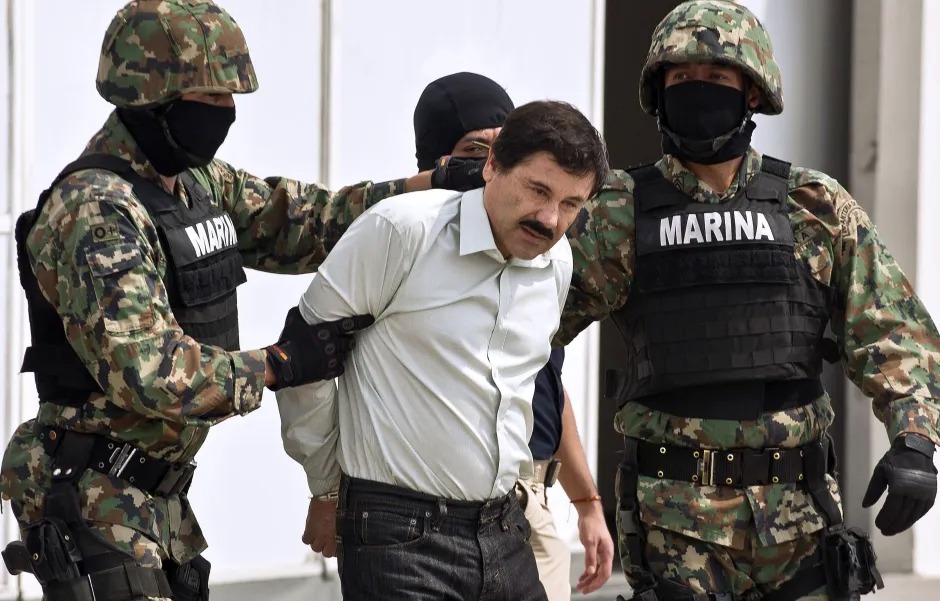 |
El Chapo remains incarcerated in the US after being captured and extradited in 2017. Photo: AFP |
El Chapo remains incarcerated in the US after being captured and extradited in 2017. Photo: AFP
These findings highlight how drug cartels are using advanced technology to stay ahead of law enforcement. The FBI investigation warns that new technologies have made it easier than ever for criminal organizations to identify and exploit vulnerabilities.
Public surveillance infrastructure combined with mobile data makes conducting covert operations abroad increasingly difficult, especially for agents who rely on informants to gain access to targets.
The FBI says it is developing a plan to address these serious security gaps, including additional training for agents.
This incident comes as Mexican police struggle to keep pace with criminals. In late June, in Chiapas state, police deployed weaponized drones to target gangs fighting over smuggling routes along the Guatemalan border.
Meanwhile, a younger, tech-savvy generation of drug lords is escalating the use of modern tactics such as cryptocurrency money laundering and advanced surveillance.
Derek Maltz, former director of the Drug Enforcement Administration (DEA), said: "Drug cartels run a multibillion-dollar global organization and use advanced technology to enhance their business. They use sophisticated surveillance techniques to identify the activities of law enforcement and their enemies".
Mexico's protracted drug war continues with no end in sight. More than 400,000 people have been killed since the government first declared war on the cartels in 2006, and tens of thousands more have disappeared without a trace. Despite high-profile arrests and military crackdowns, cartels like Sinaloa and Jalisco New Generation continue to expand their reach, both domestically and across borders.
In the US, authorities have repeatedly accused Mexican cartels of fueling the fentanyl crisis, which has driven record numbers of overdose deaths. They have labeled these organizations as "foreign terrorist organizations" and stepped up efforts to cripple their finances and supply chains.
Tue Anh (According to Nypost, Sun)




